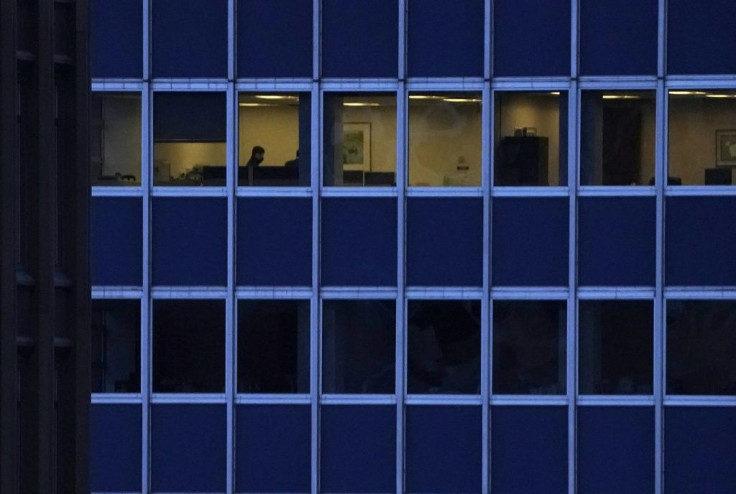US Private Sector Resumes Creating Jobs In January: Survey
US private employment increased by 174,000 in January, payroll services firm ADP said Wednesday, a gain more than triple analysts' expectations.
The report indicates a rebound in hiring after a contraction in December, which the ADP data showed was less severe than originally reported.
It also provides a positive preview of the government's employment report due out Friday, which economists project will show a more modest rebound in private jobs, as the US unemployment rate holds steady at 6.7 percent. However, ADP often deviates widely from the official data.
The service sector, which was hit hard by business closures to stop Covid-19, accounted for the majority of the gains in the ADP data, while business of all sizes added jobs.
"Recovery in payrolls is ongoing, albeit at a slow pace. However, contact-facing businesses continue to face downside risks from virus-related restrictions," Rubeela Farooqi of High Frequency Economics said.

Of the 156,000 service sector positions added, 54,000 were in education and health services, while the leisure and hospitality sector that has been devastated by business closures to stop the virus gained 35,000.
Medium-sized businesses accounted for most of the gains with 84,000 positions added, while small businesses added 51,000 and large employers 39,000.
But economists caution that the real recovery in the labor market may still be a couple of months away.
"Looking ahead, the initial reopening in some states ought to provide a modest lift to payrolls in February, with bigger gains likely from March onwards," Ian Shepherdson of Pantheon Macroeconomics said.
That is assuming vaccinations continue to be widespread and more infectious Covid-19 variants don't force new restrictions, he said.
© Copyright AFP 2024. All rights reserved.





















